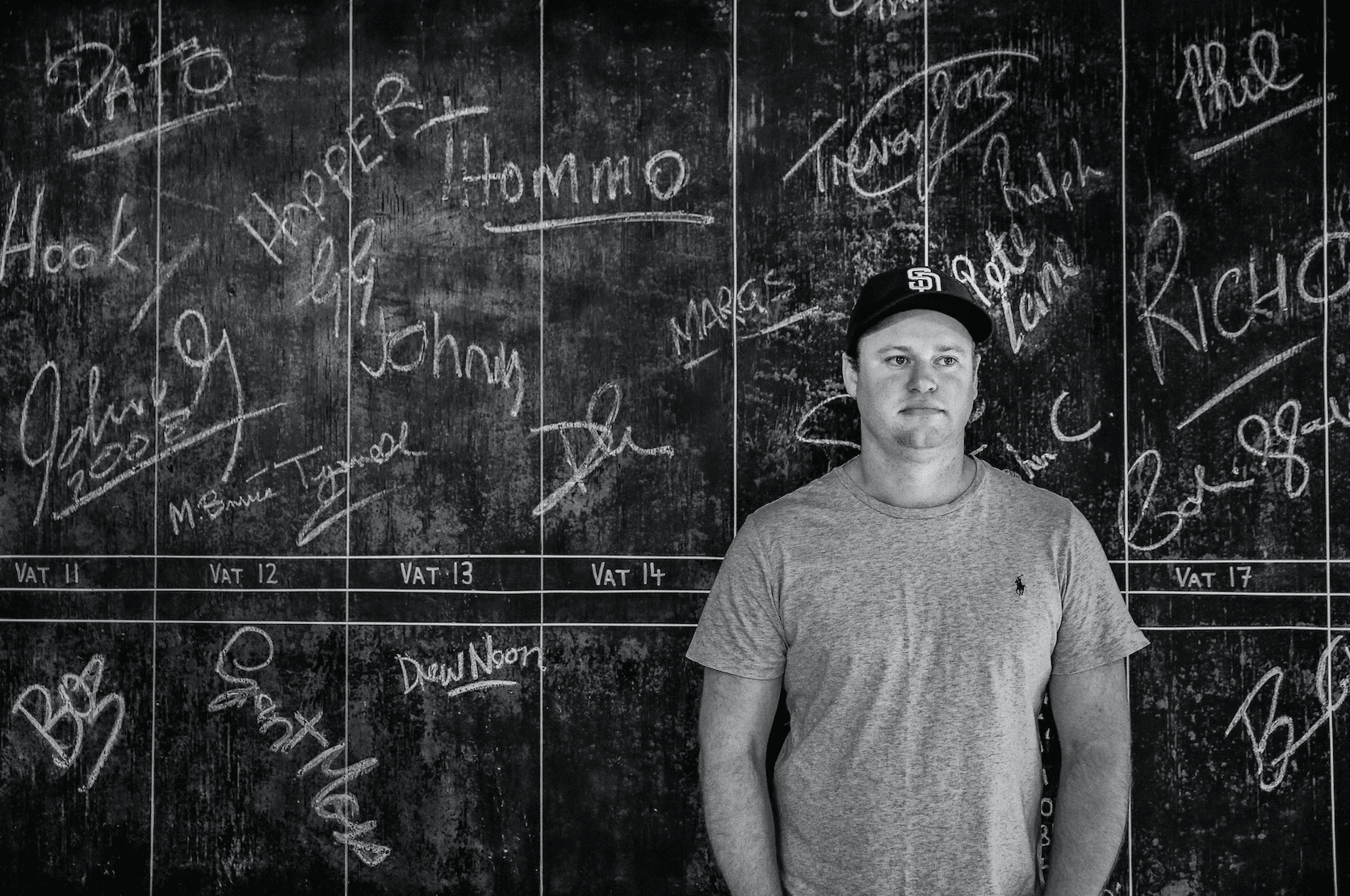
Murray Tyrrell was known for declaring each vintage the best. His son, Bruce, is the master of the one-liner and a great story-teller. Chris Tyrrell, the fifth generation of the Tyrrell’s dynasty, seems more reserved and measured in his comments. However, the family humour lives on. Chris apologises for being unable to take my phone call earlier. “Bruce was in full-on story-telling mode in the lunch room,” he says. “It’s sometimes easier said than done getting out of there.” What was Bruce on about? “A bit about WET today.”
Bruce is slowly handing over the production side of the business to Chris, who is chief operating officer. “He still doesn’t want to give it all away,” says Chris. “We’re not like a big corporate set-up, you know, so every now and then if he’s on the rampage and it’s something that falls into my territory, I just sort of let him go. We’re pretty casual.”
There is no formal board. Chris is on an advisory group with his sister, Jane, father Bruce and two external representatives, one in sales and one in finance. They meet four or five times a year to talk strategy. “When I was 19, Bruce said I had to start going to a board meeting,” says Chris. “He told me to sit in the corner and shut up, which I did, but it was fantastic to listen to what was happening. I learnt a lot.”
WE’RE NOT LIKE A BIG CORPORATE SET-UP, SO EVERY NOW AND THEN IF BRUCE IS ON THE RAMPAGE AND IT’S SOMETHING THAT FALLS INTO MY TERRITORY, I JUST SORT OF LET HIM GO.
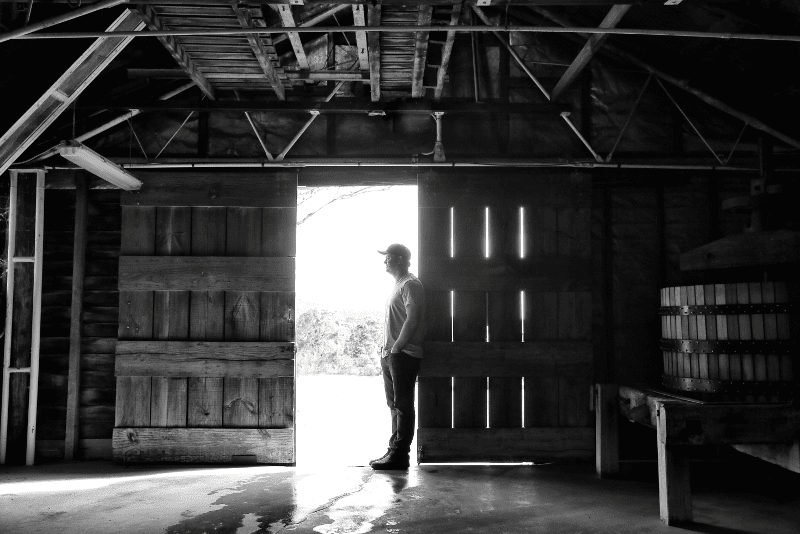
The new Tyrrell’s looks nothing like the old one that chased volume and produced more than 600,000 cases a year at one stage, even dabbling in beer. Long gone is the Long Flat brand; it’s all about the top end. The family started reshaping the business in 2009. “Our vision was to be smaller, focusing on what we do well, rather than trying to be everything to everyone,” Chris says. “But the industry was growing at such an extraordinary rate back then that you can understand why production kept increasing. We still have a range called Old Winery, which looks after itself and predominately goes through the chains, but our focus now is on top-end wine from our Hunter and Heathcote vineyards.
“Bruce pulled out a stat the other day –that we are about the same size we were in the mid-80s, when we were the most profitable the business ever was. This year looks like being our most profitable for 10 years; we’re making a buck which is a nice change. It’s funny how the wheel turns. The business doesn’t hold onto sacred cows. There is no ‘she’ll be right, it will turn around’ sort of stuff. The thought process has always been to act on something before it could be an issue. A lot of wine businesses are too scared to do that, they keep hoping for change. Then someone else, your finance partner or whoever, ends up making the decisions for you. We just didn’t like the way that side of the business was going, relying on the commercial end of town. We were in the bulk wine market competing against the people we were buying bulk wine from; it wasn’t a smart way to do it.”
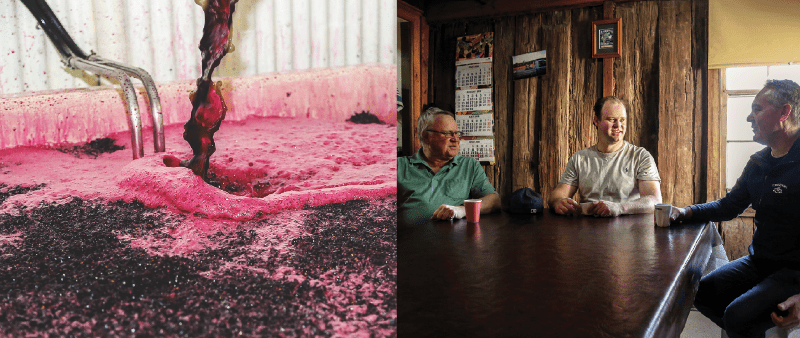
Chris says running a business rich in heritage requires a balance of respecting the history while remaining relevant. He’s not big on marketing hype. “If what you do in business doesn’t feel right, then it’s usually not right,” he says. “I have a pretty good feel for the ‘tacky’. If you’re bullshitting yourself, it’s not going to work on anyone else, is it? If it’s not us, it’s not going to work.”
Sales of Tyrrell’s ever-expanding range of single-vineyard wines (15 at last count) are booming. They can’t meet demand. “We’re frantically looking for more Shiraz sites around home now,” Chris says. “I think every winemaker in the country would have their eye on a couple of sites and if the right one came up, they would move heaven and earth to buy it. But we’re not out there offering money for them today, though. We’re planting more Shiraz.”
Bruce pulled out a stat the other day – that we are about the same size we were in the mid-80s, when we were the most profitable the business ever was. It’s funny how the wheel turns.
Tyrrell’s is about to move to an allocation system for the celebrated Vat 1 Semillon. “Which 10 years ago no one would have believed was ever possible,” says Chris. “We’re selling more than we’re producing, and we can only make so much. It’s a good problem to have. And the price is higher than it’s ever been – it’s $85 a bottle now.”
Chris puts growing demand down to a combination of things such as a run of good vintages including the outstanding 2014 reds, and the fact that more people are visiting the Hunter and “it’s getting fashionable again”. “And credit must go to Murray and Bruce,” says Chris. “And also guys like Riggsy (Iain Riggs) who has just pounded Hunter Semillon down people’s throats for 25 years. Maybe people are starting to cotton-on.”
The Tyrrell’s wine club has grown 50 percent in three years, with a thousand members being signed up each year. “I reckon our membership database is one of the better ones in the country given the age of it,” Chris says. “I don’t think it’s the millennials quite yet that are buying Vat 1, but certainly we’re seeing a shift in the market with people my age – mid-30s – drinking more high-end wines.”
Chris signs up to every wine club going. “There is so much shit out there,” he says. “It goes back to being authentic… sticking to what you’re good at, what you know, and not just flogging off stuff just because you can get an easy sale. They might buy it once or twice, but that’s it.”
While Tyrrell’s is focusing on Shiraz, Semillon and Chardonnay, it is also looking to produce some “traditional things” in small runs. “I love the idea of recreating the great old Hunter Burgundies, and a Shiraz Pinot blend could be on the cards,” Chris says. “But the issue is we need all the Shiraz we can get.”
Asked what Chris likes and dislikes about the Australian wine community, he replies, “I’m one of those sickos who absolutely loves the wine industry, there is nothing I hate about it,” he says. “I love cleaning the floors on Fridays and going through cashflow. Actually, I’ll tell you what I hate: end-of-year stocktake, which I have to do on Friday.”
Eighty percent of Tyrrell’s wines are sold in the domestic market. Exports used to dominate. “I wish we could export more, but we just don’t have the volume,” Chris says. Tyrrell’s walked away from America six years ago. “We’re finally starting to see some rumblings in the waters over there, which is good,” says Chris. “We’ve just gone back into America. It’s all about finding the right partner. We wanted to team up with someone who believes in what we believe in. We’ve been talking to a business there for two and a half years. It’s owned by Bartholomew Broadbent, Michael’s son. We started with them in April and the second container just left. I think they’re putting in an order for a third this week… so three months of sales and that’s all $20 and up. It’s Hunter Valley Semillon and Shiraz – and as much Vat 1 and Vat 9 as we can give them. They love Hunter stuff. We’re going to support America strongly. I’m going over there in September, and Bruce is going back in November.”
Tyrrell’s is selling wine in China but Chris remains sceptical about the short-term prospects. “Everyone is selling a lot of wine in China, but you see all these wonderful stats from Wine Australia… and I would love to know the percentage of wine going to China with wineries’ own labels on them. It would be 10 or 15 percent, surely. We’re doing pretty well there, but it’s not as rosy as it seems.”
Chris describes the Australian wine community as “almost buoyant”. “We’re out of the dark days,” he says. “There are enough green shoots for everyone to be excited. But people still have to be careful for the next little while I reckon.”
Chris admires his father’s track record in business; says a lot of it comes down to attention to detail. “Bruce does those little things well,” he says. “Whether it’s a hand-written letter to someone or giving little bits of info to all the right people in the press, he’s good at keeping Tyrrell’s relevant in a market sense. The amount of PR Tyrrell’s gets compared to others, is ridiculous. And it’s not bullshit, he just keeps feeding the news. The other thing I really like about Bruce is he has more of a finance background. For him it’s about keeping an eye on costs. Ask me in 10 years about what I brought to the table.”
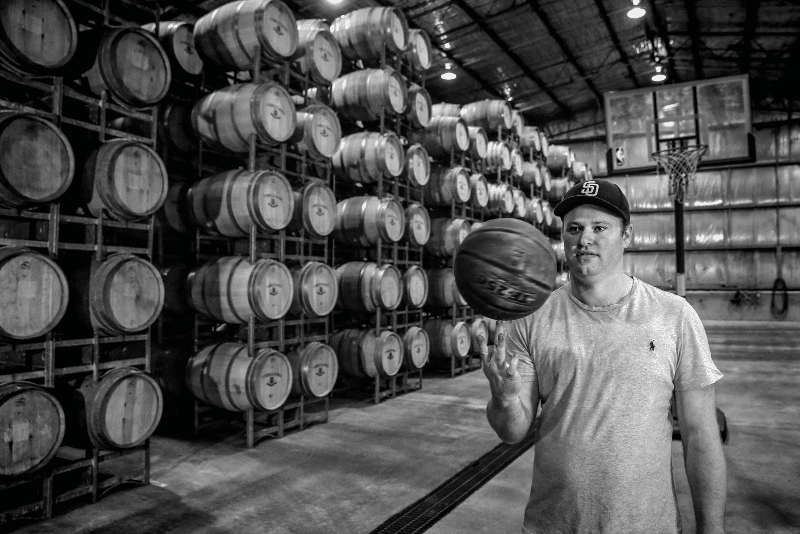
Some large family wineries have firm rules about family members working in the business and climbing the ranks. Tyrrell’s is more casual. Chris says he fell into the business. He went overseas when he was 18 – “doing all the stupid stuff everyone does when they’re 18” – before returning to Sydney and working in sales for Tyrrell’s when a rep fell ill. “I got off a plane and Dad gave me this dirty old Commodore and blank business cards that I had to fill in myself by hand, and sent me out to do sales, which I had never done before. I was terrible at it,” he says. “But it was good for me to learn on the job. I did a few years of uni by correspondence, but didn’t quite finish it. I’ve been involved in a lot of different things in the business including vintage, sales and marketing up until I was 24, and then started working with the winemakers exclusively. I’m looking to do some MBA-type study – when I went to that board meeting at 19 I had to go home and research what everyone was talking about!”
Chris says his sister, Jane, is a “sales gun”. “She’s like the terminator, the best salesperson on the planet,” Chris says. “She’s just a machine. She looks after all the high-end stuff in Sydney – from Tetsuya’s and ANZ Stadium to key restaurants. You see it with reps all the time, they’ll say ‘yeah, I’ll get back to you’, but never do. Jane is like Dad, she is good at all the detail and does all the little things well, on time.”
Chris was a finalist in the 2016 Young Gun of Wine Awards. He submitted two wines that he thinks are representative of himself: 2011 Stevens Semillon Single Vineyard and 2014 Vat 9 Shiraz. “They’re close to my heart,” Chris says.
Murray Tyrrell died in October 2000. “My first vintage with Tyrrell’s was the first vintage he wasn’t here,” says Chris. “I was in Year 12. It was a shame I never got to work with him as such.” Chris remembers Murray’s era as being “quite formal”. “I don’t know if it’s my fondest memory, but I went to boarding school in Sydney and at the end of every term I would have to come into the winery and meet with his secretary and then go in and go through my report card with him,” says Chris. From memory, Murray was “pretty tough”. “He was tough on the staff, but I think the staff knew where he was coming from; he had been there and done that. He commanded respect. He was an incredibly generous man, he was always working with the younger guys. Everywhere I go, people talk about how Murray showed them great wine. He and (Len) Evans were pretty similar in that regard. Riggsy (Iain Riggs) is like that now, investing a lot of time and knowledge in the younger guys.”
He was larger than life and Bruce is of the same ilk. It’s not Chris. “I’m a bit reserved at this stage of my life, but there is plenty of time to change that,” he says. “I’m a bit more of a devil’s advocate than Dad, who is Mr Positive sometimes.” When I suggest he’s more measured in his comments, he laughs, “I would have to agree with that. I’m just building up my bank of stories to unleash them on the world when I’m ready. I’ve got to get a good catalogue of one-liners ready to go. I was only thinking the other day how good Murray would have been on Twitter. I’ve been thinking of starting an anonymous account. He’d have chewed up the hipsters and natural wine.”
Bruce turns 65 this year. When will he hang up the boots? “We half-spoke about that the other day,” Chris says. “Another five or six years… maybe moving to more of a chairman-type role like Murray was, and be the figurehead. But he’s still got too much energy now and he’s so switched on. He doesn’t want to deal with the day-to-day shit, but he loves it too much now. I asked him about doing a trip overseas and he was like ‘oh yeah!’ He’s in the trade at least one day a week.”
Chris, 33, has a 12-week-old baby, Henry. He is Bruce and Pauline’s first grandchild. “I’ve always loved working for a family business, but now I appreciate it even more,” he says. “I love being a father. There are four or five staff who were working here when I was born, so it’s quite humbling in that sense.”
And is Bruce a doting grandpa? “He’s worse than Mum,” Chris says. “Oh god, it’s amazing, he loves it. It’s been good. We’re both pretty relaxed, but in a family business you tend to talk about work and that’s it. Even on holidays you’ll be talking about the business. Now we don’t and it’s quite strange, actually. We get to work each morning at a quarter to seven and meet in the carpark and we’re talking about something other than work. It’s nice. It’s changed our relationship a bit.”
Latest cover story



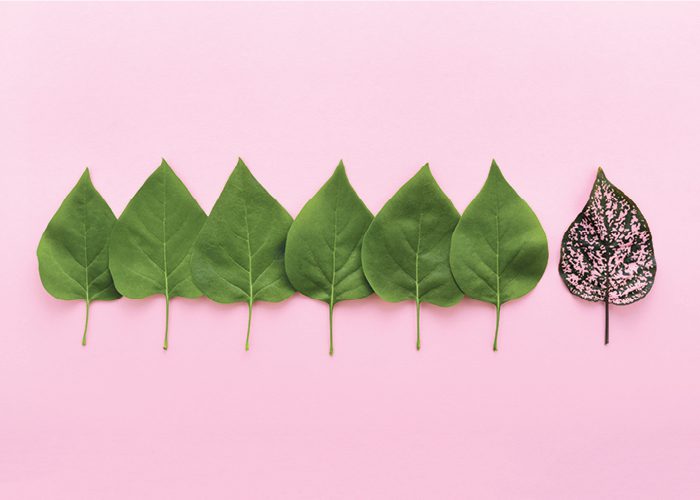
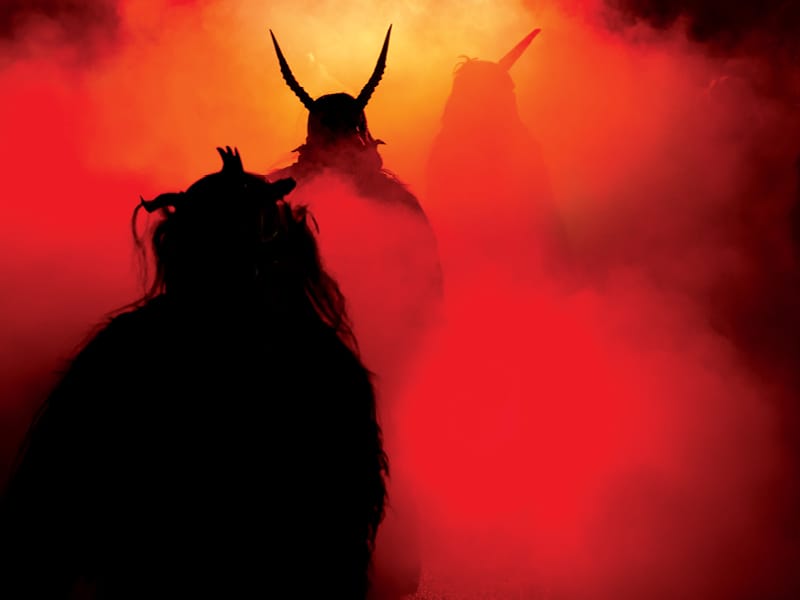
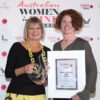
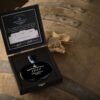


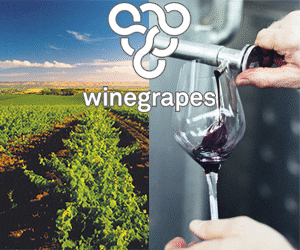
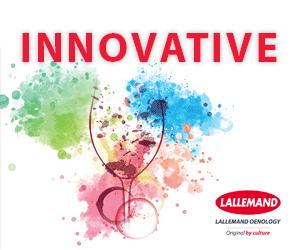
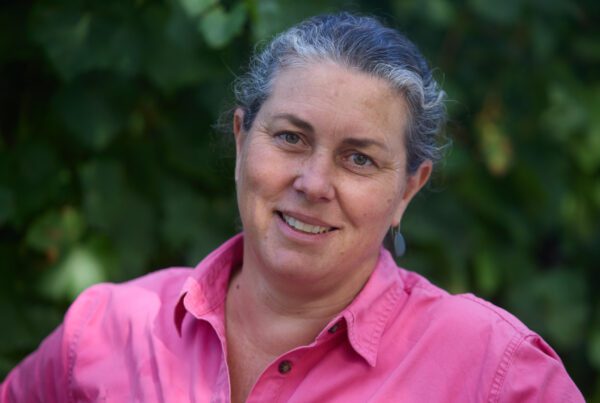
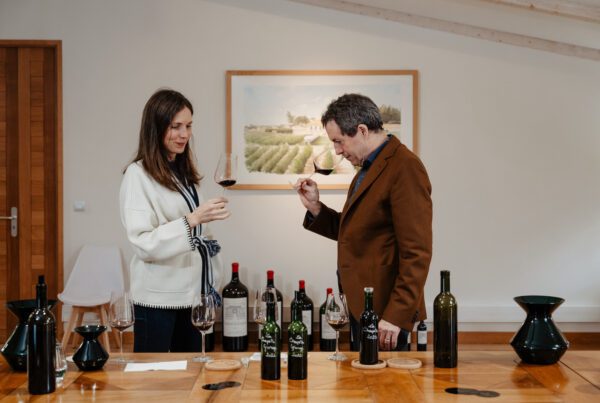
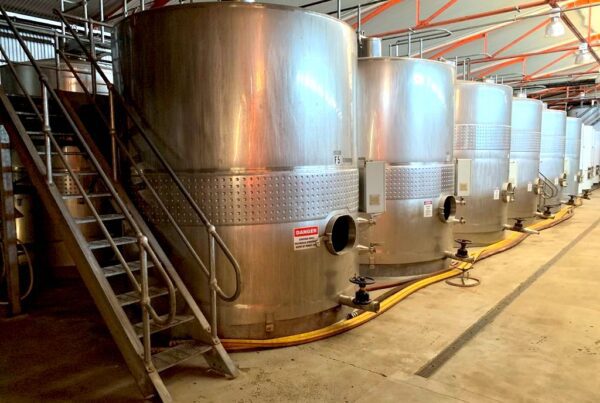
Recent Comments